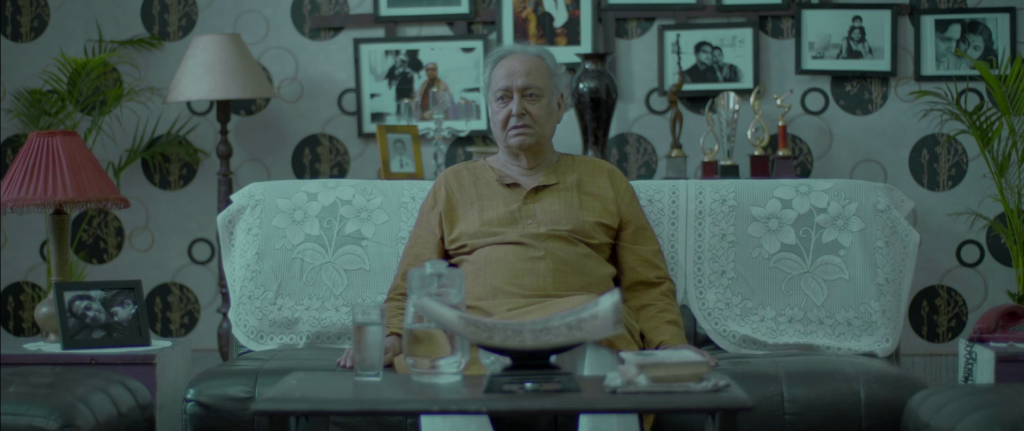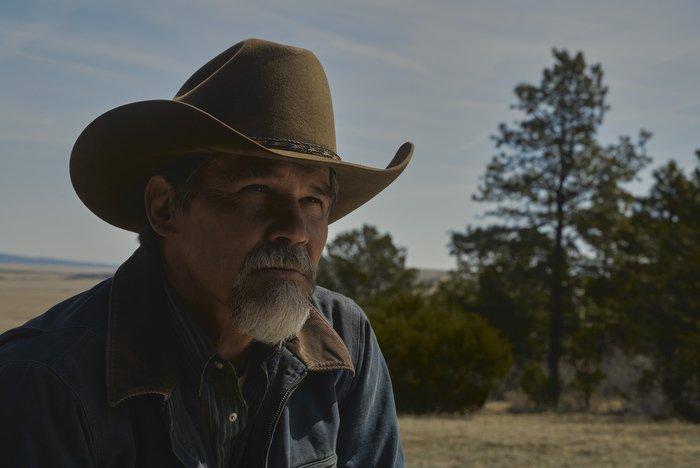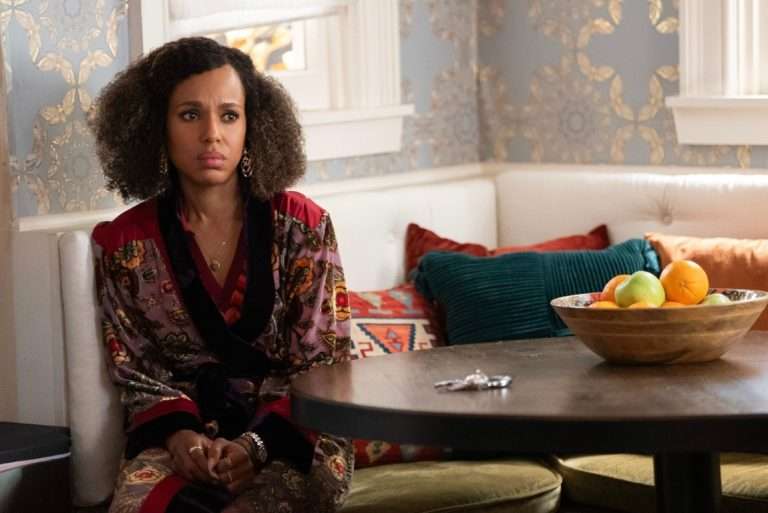Aurora Borealis (2020) Review: A few weeks ago when actor Soumitra Chattopadhyay was hospitalized after he tested covid positive, an entire industry gathered to show concern. There were daily reports of his health deteriorating, of how unresponsive his body was to the treatment. He was shifted to the ICU and the worst fear awakened within the minds of his ardent followers all over Bengal. But like a true hero, Chattopadhyay fought all the odds and returned. The people took a breath of relief. Inarguably, Chattopadhyay is the most revered actor in the Bengali film fraternity.
For Bengalis, he is forever the shy and charismatic Apu, hopelessly in love with his newlywed wife Kajal. In Satyajit Ray’s last installment of the Apu Trilogy- Apur Sansar, there is a superb sequence of a young Chattopadhyay in a bus, as he reminiscences about his wife. The entire generation holds onto that image to this day, as a nostalgic ode to days gone by. So when something similar happens to Chattopadhyay on screen, it instantly breaks the glass of make-believe.
Related To Aurora Borealis: Jahnabi Review
In Manas Basu’s Aurora Borealis, Chattopadhyay plays an actor named Ratul Chattopadhyay, and by the time we are crudely reminded of this name, we are so fed with the legacy of the real-life actor that it does not matter what his character is. And that is exactly where Aurora Borealis does not recognize. Basu’s reflection on the legacy of an actor in juxtaposition with the presence of an individual does not grow up to reach a momentum. Chatterjee is here playing a version of himself, but even then he is left to be a passive receptor to the appropriateness of his persona.

Much of the film is formed through flashbacks, from that memorable train sequence in Pather Panchali to another in Ashani Sanket. These reflections cut through the narrative in establishing the void in the present condition, but it serves no subtle reflection on it. We are looking at the legacy, not through Ratul’s eyes, but only looking at him as he goes through the framed pictures, pointing us to the years and memories attached to it.
Basu’s eye here is at the legacy of a star caught at a juncture of life where the past glories negotiate with the present-day pain. It aims to be a story about the past, where there is a constant yearning for something substantial, positioning it to inform the present. But the focal point from which this is perceived is not as an observer of the cinematic memory but as the protagonist’s subconscious. Take for instance the literal way through which Basu stages a chained, almost mummified entity, bringing a literalness that was not required.
Even though Avijit Nandy’s camerawork delivers a fine portrait of the actor caught within the walls of his house, the visual strategies do not shape the thematic concerns as a whole. One is left wanting more out of the swinging screenshot of an actor in a short that doesn’t realize that his off-screen reality does not juxtapose with the on-screen persona. Aurora Borealis falters in parts and does not serve to its premise, but even then it remains a force just on the sheer power of Chattopadhyay’s presence.



![T for Taj Mahal [2019]: ‘Jagran Film Festival’ Review – A Sisyphean struggle to provide education](https://79468c92.delivery.rocketcdn.me/wp-content/uploads/2019/09/T-For-Tajmahal-768x403.jpg)

![Four Samosas [2022]: ‘Tribeca’ Review – A Hilarious Heist Comedy That Celebrates Love, Friendship & India](https://79468c92.delivery.rocketcdn.me/wp-content/uploads/2022/06/FOUR-SAMOSAS-2022-768x432.png)

